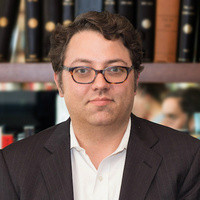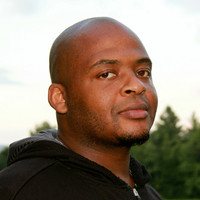Susan Burton is an editor at This American Life, the author of the memoir Empty, and the host of the podcast The Retrievals.
“I know I have much more anger than I reveal, and I don’t think that’s uncommon. Especially for women. There’s been a lot of attention to that in recent years—the anger of women, how it’s expressed and not expressed. But I think that among the things I’ve stifled for years are just my true feelings, and I’ve always wanted to be close to people and to be intimate with people, and have often felt that I have trouble making myself known or being known or being understood. And so...it felt good to be known.”















